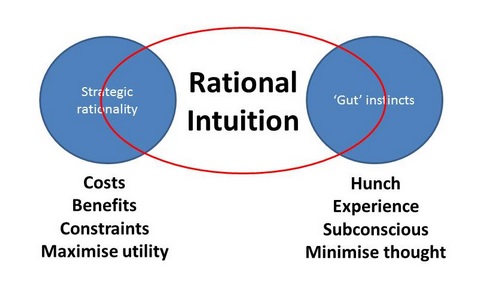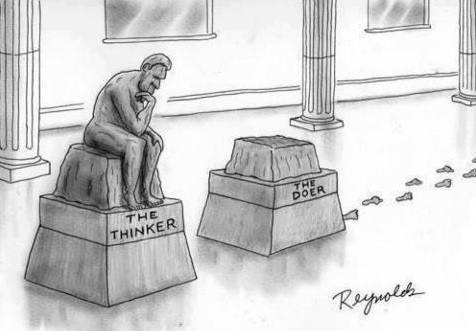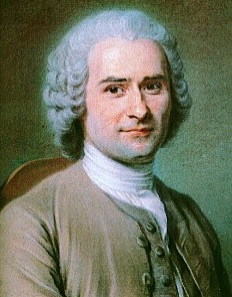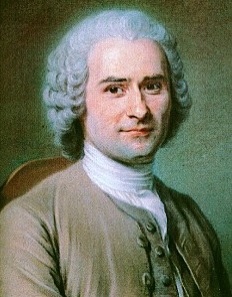Selling innovation consulting means being able to understand how clients think. And considering that people think in different ways, understanding how clients think means understanding how different thought patterns operate. Last week, I talked idea association, deduction and induction thinking. This week, I’ll touch upon intuitive thinking, action and feeling thinking.
I/ The intuitive thinker

Courtesy of the New Buddhist
The intuitive thinker is again a different kind of thinker. He tends to look at the past, and tries to identify what is the pattern of history in order to identify future trends. And based on this understanding, he focuses a great deal on trying to anticipate what the future will look like. Churchill, who once said that “The further backward you can look, the further forward you can see” is an example of intuitive thinking. So, the best way to recognize an intuitive thinker from the other kinds of thinkers involves understanding their relationship with time. In addition, intuitive thinkers are very interested in concepts, in their inherent meaning and how meaning may have evolved over time. If the client refers to the past and the future then, more often than not, the client is an intuitive thinker.
II/ The action thinker

Courtesy of New Life Awakening
The action thinker is somebody who does his thinking by the way he acts, by the way his body moves and is sometimes referred to as “kinesthetic thinking”. In other words, action and thought are basically the same thing.
- The action thinker doesn’t have a habit of reflecting upon his action simply because his actions are his thinking: his actions reveal and express his thinking. It’s thinking by doing.
- Thinking about one’s action seems self-contradictory simply because his actions are his way of expressing his thoughts.
In companies today there are many action thinkers, and they are perhaps the most prevalent kind of leader that exists in large corporations today. Therefore, an innovation listener that can’t understand how action thinkers get to a decision is doomed to fail.
III/ The feeling thinker

Feeling thinkers are yet another sort of thinker. Feeling thinkers reach decisions based not on their understanding of the facts, not on some kind of understanding of the past, but on the value they give to a relationship. If they feel confident with a specific supplier, if they feel there is a relationship that has been built which is a relationship of trust and confidence then, they will choose that supplier over another. Feeling thinkers will often use words that convey or express feelings such as:
- “I feel that…”
- “I hope that…”
- “my fear is that…”
In my opinion, one of the most respected and perhaps the most cogent feeling thinker is the Swiss-born French philosopher, Jean-Jacques Rousseau. In the first few pages of his book entitled The Confessions, he says that “he felt before he thought”: this shows the preeminence of feeling over thought.
IV/How to sell innovation consulting?
Different thinkers are sensitive to different things : So these are the main categories of thinkers. In each thinking category, there are various degrees of attention to facts:
- Deduction and induction thinkers tend to be very sensitive to getting the facts right of least as they exist today
- Intuitive thinkers are less interested in current facts and more involved in trying to understand how the facts played out in the past and how they may play out in the future
- Feeling thinkers tend to be sensitive to facts pertaining to relationships more than facts pertaining to object-based reality
Next week, I’ll show how to apply this to understand how people make decisions. In the meantime, please feel free to share your ideas on personality types: what makes clients buy, in your view?
Further readings:
- For a great presentation of personality, please refer to Carl Jung’s Psychological Types. In this seminal book, Carl Jung describes a personality theory
- For a discussion on how people reach decisions, please refer to this post, on the Freelance Switch blog
- For some elements on a kind of thinker not mentioned above (but close to action thinkers), please refer to this great TED video showing why school kills creativity
- For a more modern take on Jung’s theory, please refer to Isabel Briggs Myers, Differing Gifts

No comment